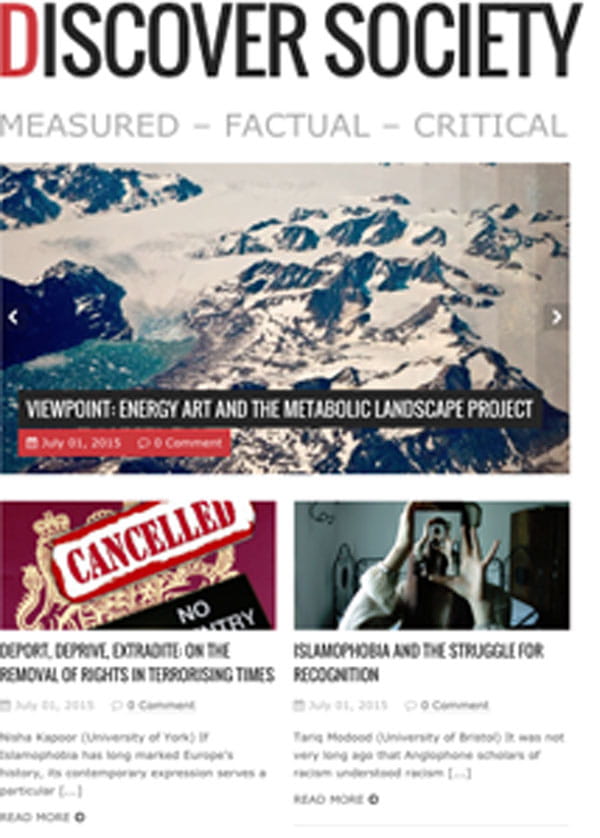Religion
Science, Rationality and Religion
 Begin by brainstorming the term ‘science’. What does this conjure up for students? Encourage them to think about all of their senses, perhaps, for example, do they associate a particular smell with the science laboratories at school?
Begin by brainstorming the term ‘science’. What does this conjure up for students? Encourage them to think about all of their senses, perhaps, for example, do they associate a particular smell with the science laboratories at school?

Students can then be shown this History Channel video that discusses the scientific revolution. Ask students to make a note of any words that are unfamiliar
to them, such as, alchemy and dogma. After watching through for the first time they can work in small groups to examine the technical terminology contained
within the clip and work together to come up with a workable list of definitions they can use.
Show the video again to move their learning on – they should feel more confident in their understanding of the content this time round.
Still working with the same clip, ask students to create a flow chart or diagram that outlines the scientific method. Tell students that it is perfectly
acceptable to go back to the video as many times as they need to help them with this task. It may be that students do not yet appreciate that you do not
always understand all the material the first, second or third time you read over it. Tenacity and revisiting material are important skills to develop.
-
Finally, class discussions on the video clip could consider the following points:
-
Why might members of the established elite feel threatened by a scientific method?
Think about ownership of Û÷the truthÛª. The truth here is constantly up for discussion and review. How is this different to religion? (Draw out the terms
Û÷open belief systemÛª and Û÷closed belief systemÛª here).
In another exercise, students could be asked prior to the lesson, to find out some information about Indian cultures. In order to avoid a few scribbled
sentences in advance of the lesson, teachers may wish to structure this around Û÷10 key cultural facts about IndiaÛª or similar.
At the start of the next lesson, after sharing the knowledge they had discovered, provide students with a copy of this Hindu Times article:
Discover More 'Politics and religious ideology should not intrude into science'
Using this material, ask students to work in groups to consider the extent to which, in India, religion and science are seen to be exclusive, and secondly,
the extent to which this should be the case.
 Brought to you by the British Sociological Association
Brought to you by the British Sociological Association Begin by brainstorming the term ‘science’. What does this conjure up for students? Encourage them to think about all of their senses, perhaps, for example, do they associate a particular smell with the science laboratories at school?
Begin by brainstorming the term ‘science’. What does this conjure up for students? Encourage them to think about all of their senses, perhaps, for example, do they associate a particular smell with the science laboratories at school?











